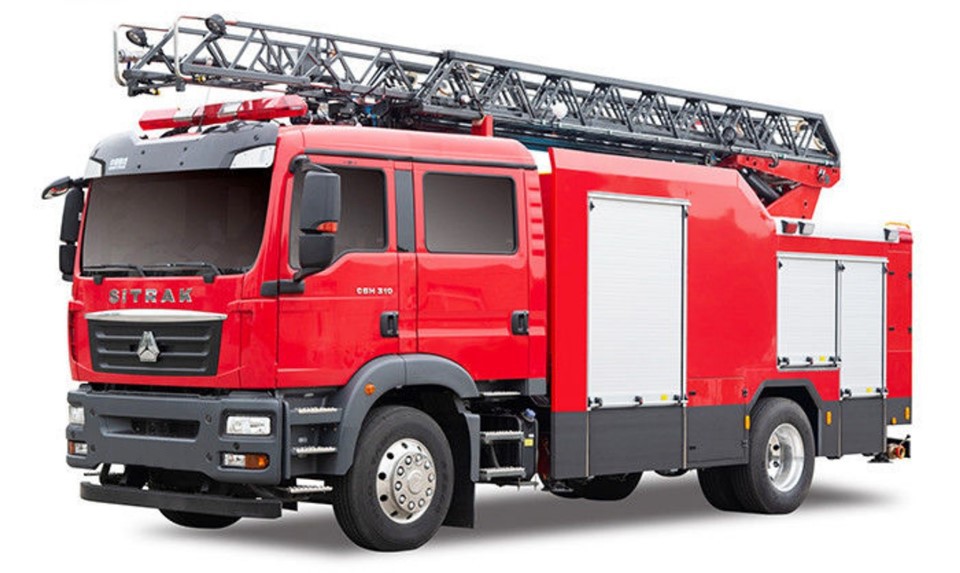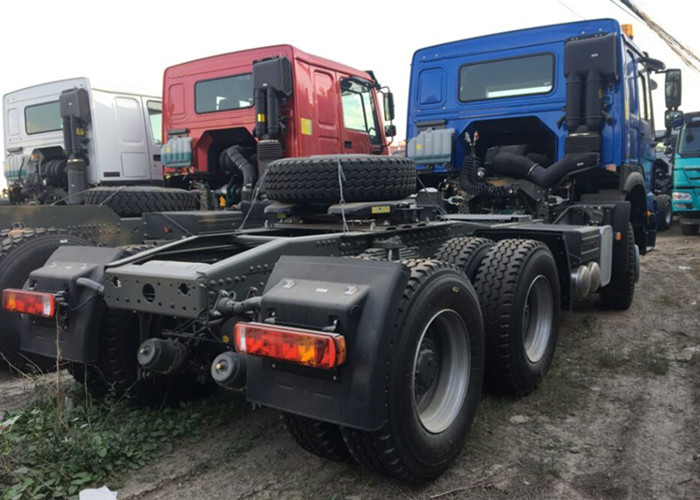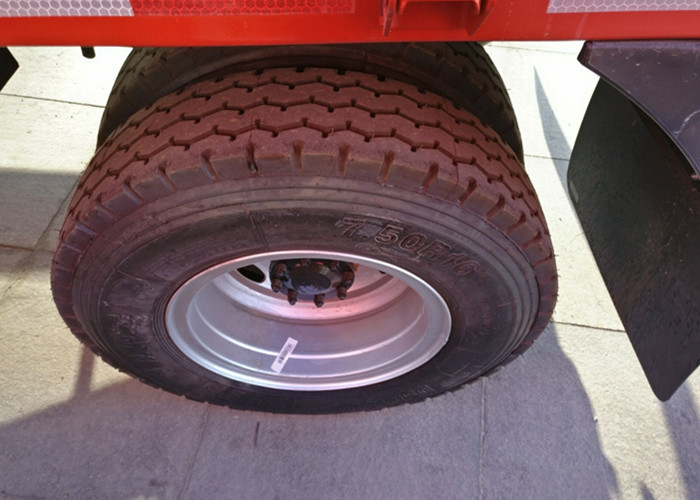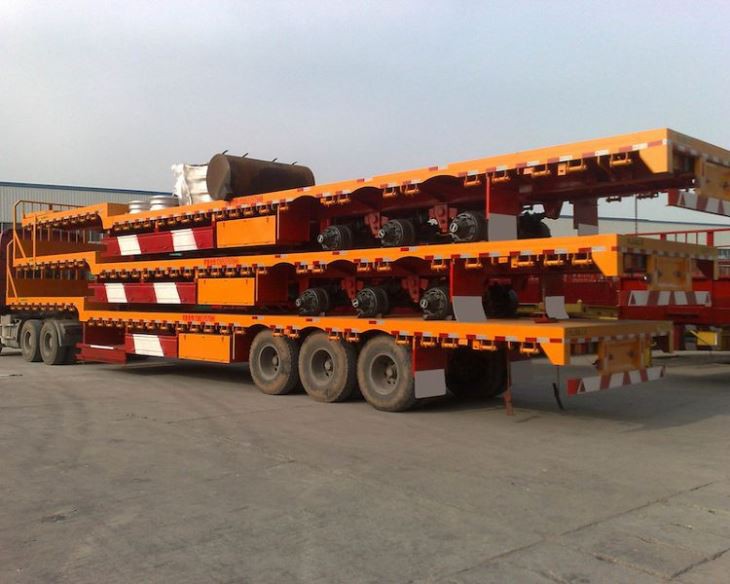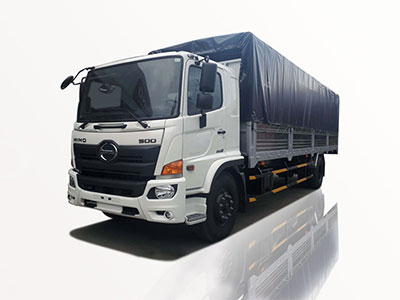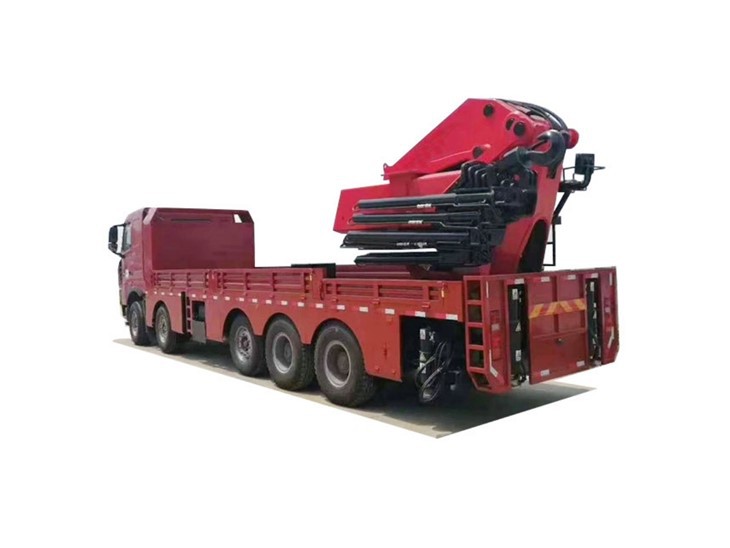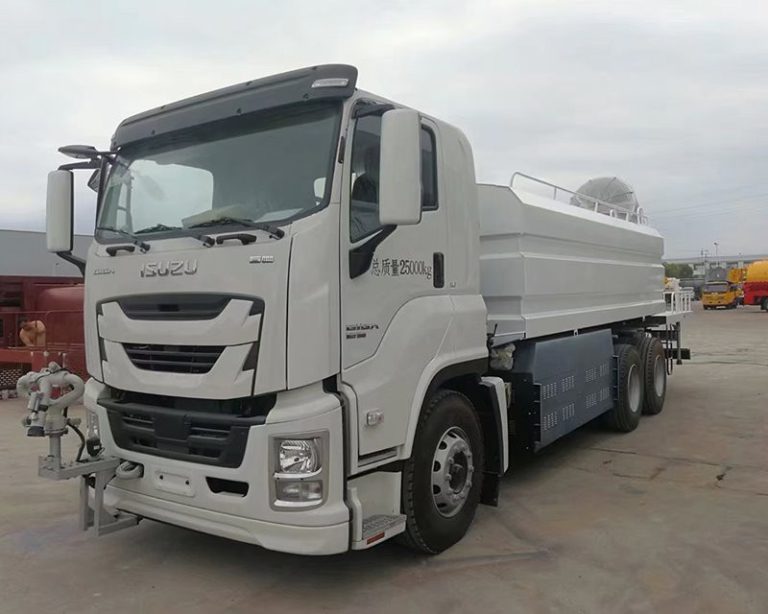The growing need for efficient waste management has led to significant advancements in garbage truck technology. Among these, the garbage truck compactor stands out as a vital component designed to enhance the efficiency of waste collection. In this article, we will explore everything you need to know about garbage truck compactors, including their functionality, benefits, types, and key features. Strap in for an informative journey that will equip you with valuable knowledge on this crucial waste management tool.
What Is a Garbage Truck Compactor?
A garbage truck compactor is a specialized piece of equipment designed to compress waste material inside the truck. This process not only maximizes waste storage capacity but also minimizes transportation costs and environmental impact in urban areas. By compacting waste effectively, garbage truck compactors play a crucial role in streamlining waste collection operations.
How Do Garbage Truck Compactors Work?
Garbage truck compactors utilize hydraulic mechanisms to crush garbage into smaller, denser bales. Here’s a step-by-step overview of the compaction process:
- As the garbage truck collects waste, it pours the material into a designated compartment.
- The hydraulic system activates, pushing a plate towards the collected waste.
- The plate compresses the waste, which reduces its volume significantly.
- Once compacted, the waste is securely stored until the truck returns to the waste management facility for disposal.
The Importance of Compaction
Compaction is crucial for several reasons:
- Space Efficiency: Compacting waste allows the truck to carry more material, reducing the number of trips needed for collection.
- Cost Reduction: Fewer trips mean lower fuel costs and reduced labor time, enhancing overall operational efficiency.
- Environmental Benefits: By minimizing the size of waste, compactors contribute to a smaller carbon footprint, as fewer vehicles are required for transport.
Types of Garbage Truck Compactors
There are several types of compactor systems used in garbage trucks today, each designed to suit different needs and types of waste materials. Below are the most common types:
1. Front-Loading Compactors
Front-loading compactors have a loading mechanism that is situated at the front of the truck. They are primarily used for commercial waste collection. The benefits include:
- Efficient for frequent pick-ups of large volumes of waste.
- The ability to handle larger containers and dumpsters, making them a preferred choice for businesses.
2. Rear-Loading Compactors
These are the most common type found in residential waste collection. Key features include:
- Loading from the rear allows for easier access to waste bins.
- Simpler operation, ideal for residential areas with narrow streets.
3. Side-Loading Compactors
Side-loading compactors are equipped with a mechanism that allows for waste collection from the side of the truck. They are suited for:
- Areas with limited space where traditional trucks cannot easily navigate.
- Automated systems designed for enhanced efficiency.
Benefits of Using Garbage Truck Compactors
Utilizing garbage truck compactors offers numerous benefits, making them a popular choice for municipal and commercial waste management. Here are some key advantages:
Enhanced Volume Efficiency
By reducing the volume of waste, compactors enable garbage trucks to transport more material, leading to fewer trips and better resource management.
Improved Sanitation and Odor Control
Compacted waste minimizes the exposure of organic materials to air, reducing odors and preventing pest infestations. This is especially beneficial for urban environments.
Increased Safety
With less frequent trips to and from waste facilities, the risk of accidents on roads decreases. The streamlined process allows workers to focus on efficient and safe waste collection.
Cost Savings
Fuel savings, reduced labor costs, and decreased disposal fees contribute to overall cost-effectiveness, making garbage truck compactors a wise investment for waste management.
Key Features to Consider When Choosing a Garbage Truck Compactor
When selecting a garbage truck compactor, it’s essential to understand its features to ensure that it meets your specific needs:
1. Compaction Ratio
The compaction ratio refers to the degree to which the waste is compacted. A higher compaction ratio means more efficient volume reduction. Most compactors have a ratio of 4:1 to 10:1.
2. Load Capacity
The load capacity of the truck determines how much waste it can carry. Consider the size of the waste being collected and the frequency of pickups when choosing a truck.
3. Hydraulic System
The efficiency of the hydraulic system is critical for compaction performance. Look for systems that have proven reliability and require minimal maintenance.
4. Safety Features
Safety is paramount in waste management. Ensure the compactor has safety mechanisms such as emergency stop buttons and proper shielding around moving parts.
5. Size and Maneuverability
The size of the garbage truck compactor should match the operational environment. Smaller trucks may be needed for tight urban areas, while larger vehicles may be suitable for industrial zones.
Practical Examples of Garbage Truck Compactors in Use
To illustrate the effectiveness of garbage truck compactors, let’s look at a couple of real-world examples:
Urban Waste Management
City X implemented rear-loading garbage truck compactors to streamline residential waste collection. With a compaction ratio of 7:1, the city reported a significant decrease in disposal trips, saving both time and fuel costs. As a result, the city reallocated savings to improve overall sanitation services.
Commercial Waste Collection
Company Y, a large retail chain, hired front-loading compactors for their waste management needs. These compactors allowed them to reduce the number of pickups by half. The increased efficiency not only provided cost savings but also enhanced their sustainability efforts by lowering emissions associated with frequent transportation.
Tips for Maintaining Garbage Truck Compactors
Regular maintenance of garbage truck compactors is essential to ensure optimal performance and prolong their lifespan. Here are some practical tips:
1. Regular Inspections
Conduct routine inspections of hydraulic systems, compaction mechanisms, and safety features to identify any potential issues early on.
2. Lubrication
Keep moving parts properly lubricated according to the manufacturer’s specifications to prevent wear and tear.
3. Clean the Compaction Chamber
Regularly clear any debris or waste buildup from the compaction chamber to maintain efficiency and hygiene. A clean chamber also prevents corrosion.
4. Follow Manufacturer Guidelines
Adhere to the manufacturer’s maintenance schedule and recommendations for replacing worn parts to avoid unexpected breakdowns.
FAQ Section
What is the average lifespan of a garbage truck compactor?
The average lifespan of a garbage truck compactor can range from 10 to 15 years, depending on usage, maintenance, and operating conditions.
Are garbage truck compactors environmentally friendly?
Yes, garbage truck compactors are environmentally friendly as they reduce the number of trips needed for waste disposal, thus lowering carbon emissions associated with transportation.
Can I retrofit an existing garbage truck with a compactor?
In some cases, it is possible to retrofit an existing garbage truck with a compactor system. However, consulting with a professional is recommended to ensure compatibility and safety.
What types of waste can be collected using compactors?
Garbage truck compactors can handle a variety of waste types, including household refuse, commercial waste, and some recyclable materials, depending on the compactor’s design.
How does a compactor improve waste management efficiency?
By compacting waste, these vehicles reduce volume, allowing for more efficient transport. This leads to lower fuel consumption, fewer trips to disposal sites, and overall cost savings.
What safety features should I look for in a garbage truck compactor?
Look for features such as emergency stop systems, safety shields, and robust construction to protect operators and bystanders while ensuring efficient operation.
